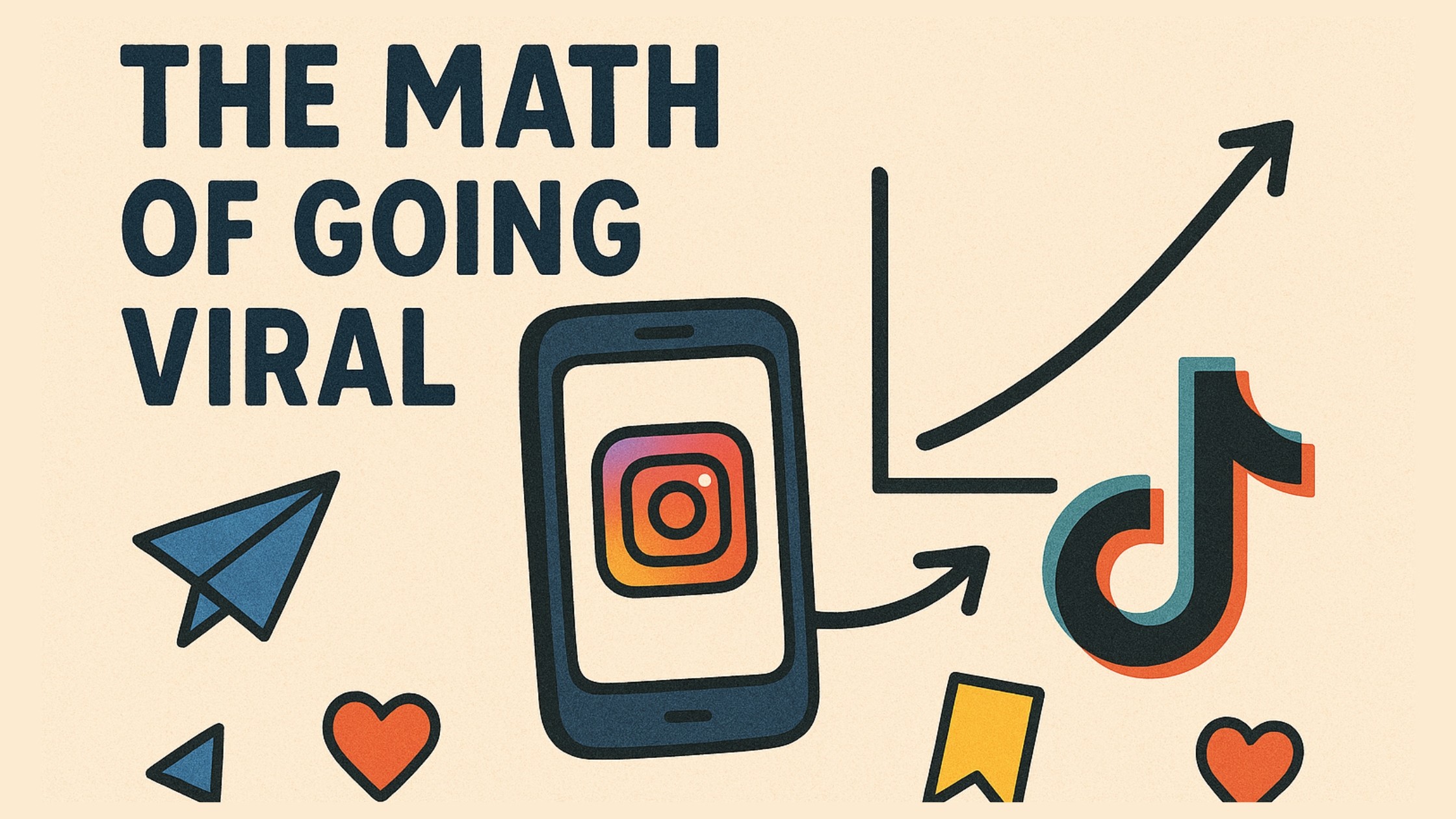Why Do Brands Send Products to Influencers: The Strategy of PR Packages
Aug 30, 2025
5 min read
With social media being incorporated in everyday life, brands have altered the way they conduct marketing. Influencer marketing has now become a better and truthful method to market products as compared to regular advertisements. PR packages are one such aspect where brands give free products to influencers. But what is the reason behind brands doing this? Is it just gift-giving, or is there a bigger plan behind it?
Organic Promotion and Brand Visibility
Brands have a direct route to their target audience when they send products to influencers. Each of the posts that the influencer makes of a product is seen as a third-party review and provides the brand with organic visibility. This makes it a far better impression than advertising since the followers will feel that the words of the influencer are not sponsored. This strategy is even more valuable because the micro and nano influencers have the ability to access more niche and engaged audiences.
High Impact at Low Cost
PR campaigns are a convenient way of marketing even to the brands that do not have big advertising budgets. The product campaigns are usually barter based, that is they are shared in exchange to the product and not paid. This makes the cost of campaigns go down greatly. Moreover, when the influencer enjoys the product and posts it without payment, the brand will get free promotion, as well, which is called earned media.
A Long-Term Relationship-Building Tool
PR campaigns are not just one-time promotion, but also the beginning of the process of building a connection between a brand and an influencer. A future collaboration is a lot easier when they have an influencer who engages them and markets their products. This approach also allows the brands to pre-test the potential business partners and evaluate the compatibility.
Creation and Feedback Content
Influencers also help to create brand content through creative promotion of products. The reels, stories, or posts related to products can be replicated on their own social media platforms of the brand. In addition, feedback that is gained in the process is very useful in the development of products.
Conclusion
PR campaigns represent a complex approach that is employed by brands to become visible, reach their target audience, develop content, and build potential partnerships. This is because social media users are becoming more dependent on content and this approach remains a critical component of marketing. One should keep in mind, however, that not every PR campaign can be seen as a gift; it is also a strategic communication step.



